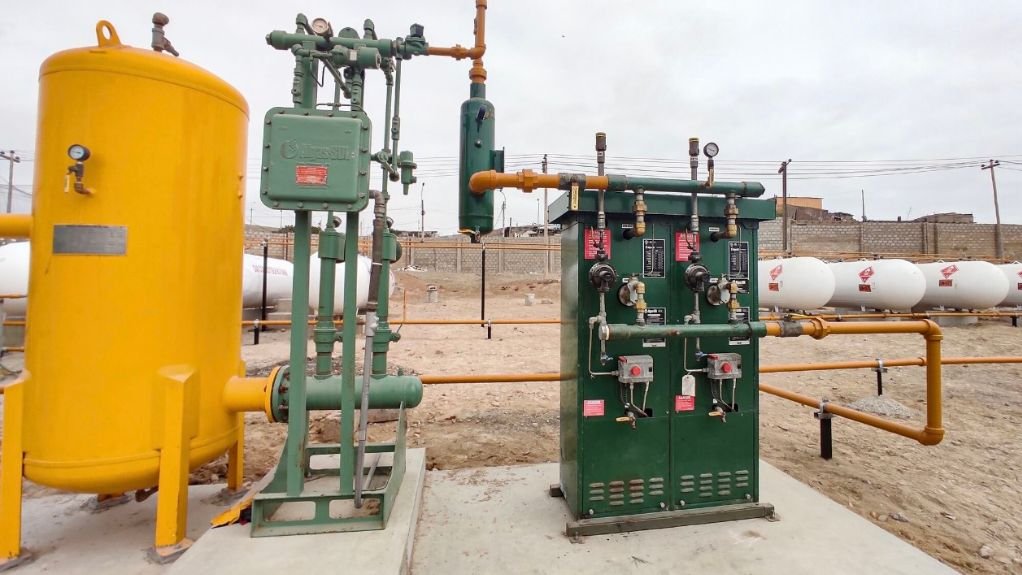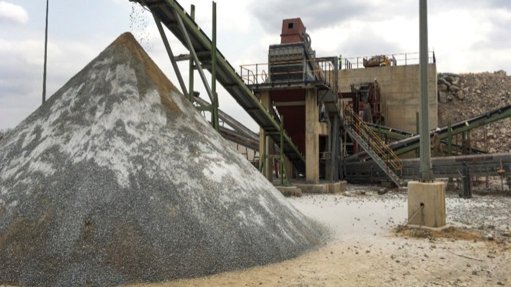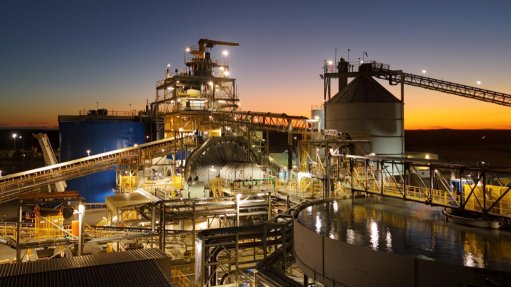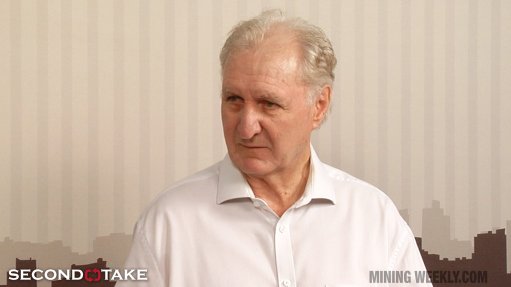SNG could sustain industries till LNG rollout


ESSENTIAL FLEXIBILITY SNG could offer industries a level of flexibility that is essential for South African factories that cannot afford downtime
Synthetic natural gas (SNG) could offer a real safety net for South African industries facing looming gas shortages in the future, says gas solutions company Eyona Gas.
As the expected decline of natural gas supply from Mozambique approaches, many factories are weighing their options.
SNG – created by mixing liquefied petroleum gas (LPG) with air to mimic the combustion properties of natural gas – is emerging as a fast, flexible alternative.
“SNG gives industries peace of mind,” says Eyona Gas MD Cayden Marquis, adding that “it works in the same way as natural gas, uses the same equipment and is already available.”
Although some industrial users are cautious about switching to SNG, owing to the higher price of LPG, compared with pipeline gas, Marquis argues the real financial risk lies in doing nothing.
“No gas means no production . . . for a manufacturer, standing still is the most expensive . . . of all.”
This is becoming increasingly relevant as industry braces for what some experts are calling a “gas cliff’ – a sharp drop in natural gas availability – with no clear replacement supply lined up.
With some of the gasfields in Mozambique nearing depletion and liquefied natural gas (LNG) terminals only in the planning stages, industrial gas users may be caught off guard.
Marquis says SNG, unlike alternatives, does not require expensive plant conversions or specialised systems.
A typical setup includes a bulk LPG tank, vapourisers, pressure regulators and a mixer that blends LPG vapour with air. The resulting SNG matches the calorific value of natural gas and can be used in the same burners, pipes and regulators already installed at the factory.
“The switchover is seamless. Most users won’t even notice a difference. For factories using under 10 000 kg of gas per hour, which is the majority in South Africa, SNG is a straightforward, cost-effective solution.”
For many of these smaller to mid-sized industrial users, waiting for LNG terminals to be built or new pipelines to be laid may not be a practical option. Marquis believes that while LNG will play a role in the long term, particularly for large-scale users, its cost and complexity make it a less suitable short-term solution for most manufacturers.
He adds that importing LNG will introduce new risks, such as exposure to US dollar-based pricing and global market shifts, which could drive up costs. By contrast, LPG is widely used across South Africa, and the technology needed to produce SNG is proven and locally available.
In the US and Europe, factories have used SNG to save costs and avoid gas shortages during times when prices were high, or supply was limited. This is known as ‘peak shaving’. During the European gas crisis triggered by geopolitical tensions with Russia over Ukraine shutting off supply, SNG was adopted by numerous manufacturers to stay operational while LNG terminals were being built.
“South Africa can learn from what happened overseas. We don’t need to wait until supply runs out before taking action,” Marquis says.
Eyona Gas is seeing growing interest from local industries and is working on a hybrid installation for a customer using biogas. The system will use compressed natural gas to produce SNG, which will supplement the biogas and serve as a backup in case of supply interruptions.
This level of flexibility is essential for South African factories that cannot afford downtime. It also supports the country’s broader industrial policy goals by keeping businesses running and protecting jobs, he adds.
“SNG helps us bridge the gap until large-scale LNG projects are ready.”
For SNG to reach its full potential, Marquis believes there must be more policy support. He suggests that government could offer incentives such as subsidies on LPG or rebates for companies investing in SNG equipment. This would ease the cost burden and encourage early adoption.
“We can’t afford another energy crisis like loadshedding. Gas is vital for our industry, and SNG gives us a way to keep going.”
While SNG may not be able to replace natural gas entirely across the country, it can help to avoid supply interruptions for those that plan early.
Article Enquiry
Email Article
Save Article
Feedback
To advertise email advertising@creamermedia.co.za or click here
Announcements
What's On
Subscribe to improve your user experience...
Option 1 (equivalent of R125 a month):
Receive a weekly copy of Creamer Media's Engineering News & Mining Weekly magazine
(print copy for those in South Africa and e-magazine for those outside of South Africa)
Receive daily email newsletters
Access to full search results
Access archive of magazine back copies
Access to Projects in Progress
Access to ONE Research Report of your choice in PDF format
Option 2 (equivalent of R375 a month):
All benefits from Option 1
PLUS
Access to Creamer Media's Research Channel Africa for ALL Research Reports, in PDF format, on various industrial and mining sectors
including Electricity; Water; Energy Transition; Hydrogen; Roads, Rail and Ports; Coal; Gold; Platinum; Battery Metals; etc.
Already a subscriber?
Forgotten your password?
Receive weekly copy of Creamer Media's Engineering News & Mining Weekly magazine (print copy for those in South Africa and e-magazine for those outside of South Africa)
➕
Recieve daily email newsletters
➕
Access to full search results
➕
Access archive of magazine back copies
➕
Access to Projects in Progress
➕
Access to ONE Research Report of your choice in PDF format
RESEARCH CHANNEL AFRICA
R4500 (equivalent of R375 a month)
SUBSCRIBEAll benefits from Option 1
➕
Access to Creamer Media's Research Channel Africa for ALL Research Reports on various industrial and mining sectors, in PDF format, including on:
Electricity
➕
Water
➕
Energy Transition
➕
Hydrogen
➕
Roads, Rail and Ports
➕
Coal
➕
Gold
➕
Platinum
➕
Battery Metals
➕
etc.
Receive all benefits from Option 1 or Option 2 delivered to numerous people at your company
➕
Multiple User names and Passwords for simultaneous log-ins
➕
Intranet integration access to all in your organisation



















